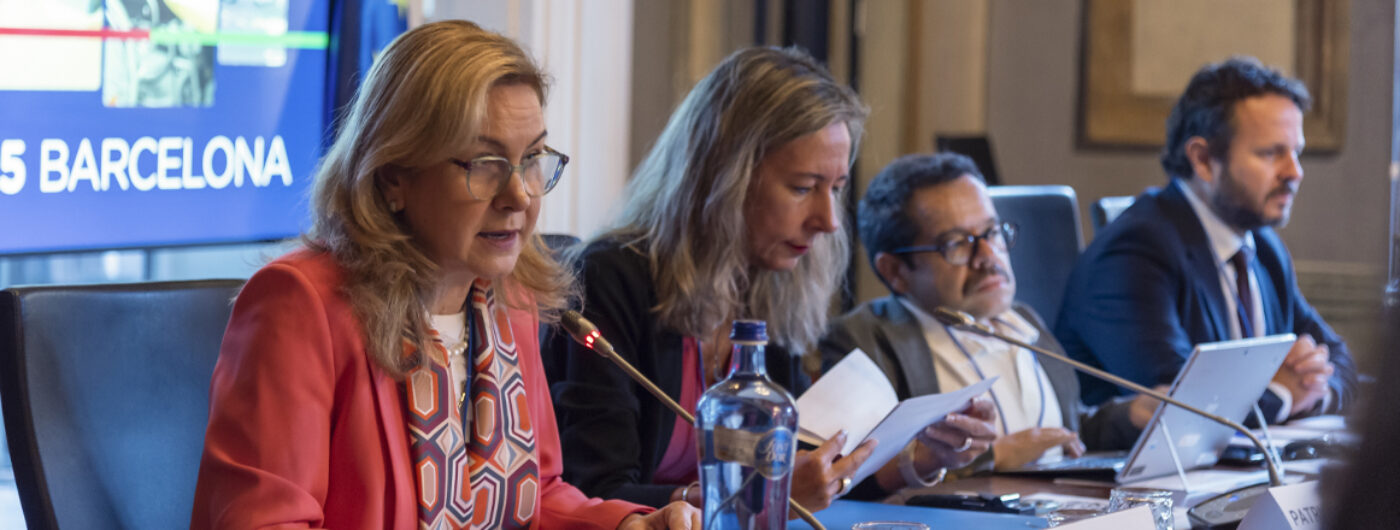
UfM Conference in Barcelona lays the groundwork for a Regional Disability Agenda in the Mediterranean
- A High-level Dialogue at the Union for the Mediterranean (UfM) headquarters gathered national authorities, international organisations, and regional disability organisations to push forward a common agenda for the socio-economic inclusion of persons with disabilities.
- Participants discussed the foundations of a Euro-Mediterranean Disability plan, drawing on the findings of a recent study on socio-economic inclusion in the region.
23 September 2025, Barcelona. People with disabilities in the Mediterranean face systemic exclusion, with unemployment rates often exceeding 70% and limited funding for disability programmes. While these challenges may mirror those of other regions, the Mediterranean’s heterogeneity and the stark socio-economic disparities between its two shores make it particularly important to adopt a regional plan and place disability inclusion as a priority.
The UfM, together with the ONCE Social Group and the Directorate-General for the Rights of Persons with Disabilities of the Government of Spain, hosted today a Euro-Mediterranean High-Level Dialogue on Disability at the UfM headquarters in Barcelona to advance a common framework to firmly place disability and socio-economic inclusion on the region’s political agenda.
In the framework of the meeting, a joint commitment statement was proposed for endorsement to the UfM countries, which included support for the establishment of a Euro-Mediterranean Disability Network under the UfM umbrella, working alongside the main regional CSOs and relevant stakeholders to foster coordination, knowledge exchange, and collaboration.
Drawing on a recent study on the socio-economic inclusion of persons with disabilities in the Mediterranean, the Dialogue examined a preliminary Regional Disability Agenda outlining the main barriers to inclusion and proposing actions and outcomes to address them.
Discussions centred on four priority areas: access to employment, social protection and the additional costs of disability, gender equality, and emerging topics such as the rights of migrants and refugees with disabilities, disability-inclusive humanitarian action, disaster risk reduction, and the green transition. The preliminary Agenda also highlights two principles that underpin all areas: strengthening disability data systems to support policymaking and ensuring the systematic participation of organisations of persons with disabilities in decision-making. Participants also reviewed proposals on governance, financing and timeline.
“The UfM has long believed that social inclusion is a cornerstone of regional stability and peace. Advancing the rights of persons with disabilities is not only a matter of justice and equality, but also an investment in the resilience of our societies,” said UfM Deputy Secretary General Meltem Büyükkarakaş. “The upcoming Regional Disability Agenda will provide us with a practical roadmap to ensure that persons with disabilities can participate fully in society and benefit from future opportunities in the Mediterranean.”
Drawing on previous UfM conferences in Barcelona (2022) and Amman (2024), the preliminary Agenda aligns with international and EU commitments including the UN Convention on the Rights of Persons with Disabilities and the Sustainable Development Goals.

